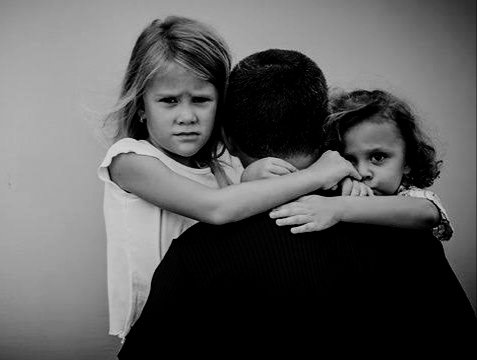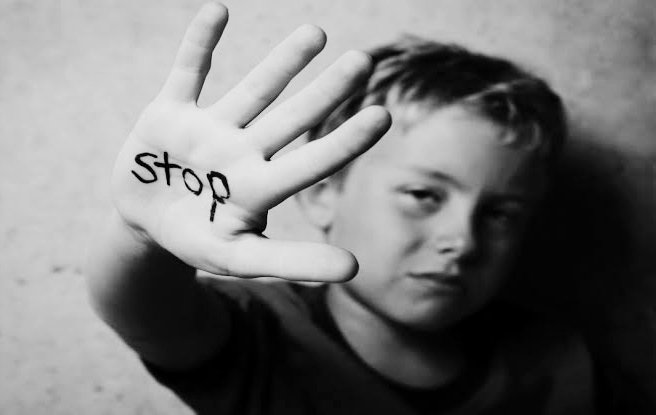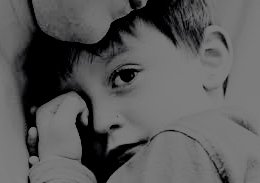First of all, we can make a basic definition as "parents who constantly cause feelings of guilt and fear in their children, and who act as if their love and support are conditional." being prone to violence does not necessarily mean physical violence, on the contrary, they use verbal violence at an intense rate, which is much more destructive This can reach a level of humiliation and severe insults to the level of hurting children.

Their children's opinions are generally only politely listened to for them and they manipulate them to make them do what they want. These children exposed to toxic parents, in their adulthood, "lack of self-confidence, constant feeling of inadequacy, inability to act without the approval of others, inability to establish healthy emotional relationships, especially in a romantic sense, difficulty in making decisions on their own and avoiding risks, dependency on parents, inability to express their feelings and thoughts.
It has some traumatic consequences. Most Used Phrases by Toxic Parents You can't do it, let me do it", "I don't love you right now", "I don't care if you are upset and you have no right to be upset", "Babies act like this", "If you only knew what I sacrificed for you. If it weren't for you, believe me, I would be much more comfortable." "You're exaggerating, it's not such a big deal.", "Don't be so much."

• How Do We Fix the Toxic Relationship in the Family?
Your legal and biological position does not give you the right to prevent your child's life. Instead of downplaying or downplaying her thoughts, consider how important what she is saying and let her talk about herself and express her feelings. When you make a mistake and realize it, accept it with maturity. In this regard, Freud says that apologizing does not make you smaller, but rather serves to show that your ego is worth less than the other person.

When the child makes a mistake, instead of criticizing him in a language that will make him unhappy, we can explain, explain and make him learn a lesson. We can say out loud that we are always there for him, thus making him feel the power of unconditional love; This strengthens the bonds. "Anger comes and darkens, anger goes and the face turns dark," my grandmother always says, and it is a really great life lesson for all of us. A hurtful word spoken in anger can sometimes be irreversible.
•How to Treat Children?
Being able to draw boundaries to the family and say no to many issues, is the most common way children use to protect their private space. Children who grow up in toxic families have poor self-esteem and sense of self, and this must be repaired by the child from the inside out, sometimes called self-construction. Knowing that he is not the only child experiencing this and that he is not alone will help the child feel good. It is always necessary to know that many things can be improved with professional support.
Love Is Not Negotiable: One of the characteristic behaviors of toxic parents is the conditional setting for love. "I won't love you if you don't behave."
, "You can't go on vacation with us if you don't have good grades.
" Don't Miss the Joke: The child can't tell the truth from the joke.
He believes your adjectives such as "clumsy", "incompetent, confused" and accepts that it is. Perfectionism: None of us are perfect and we don't have to be perfect, but we don't stop pressing our kids to be perfect or better. Children who are not happy with their success and always live in a state of deficiency because of the feeling of "I could have done better" are not few. Parents who always live as if all the negativities are happening to them, put their children in negative moods with their delusions.

Their freedom and self-confidence cannot develop. In the world we came to as an empty box, we all grow up with the mental and emotional seeds our parents planted in us. While these seeds are a source of love, respect and independence in some families, unfortunately in many families there are also feelings of fear, sanctions and guilt among the seeds. These seeds sprout as we grow and affect our emotions, behaviors, and therefore the relationships we form with others in our adult lives.
like 🖤